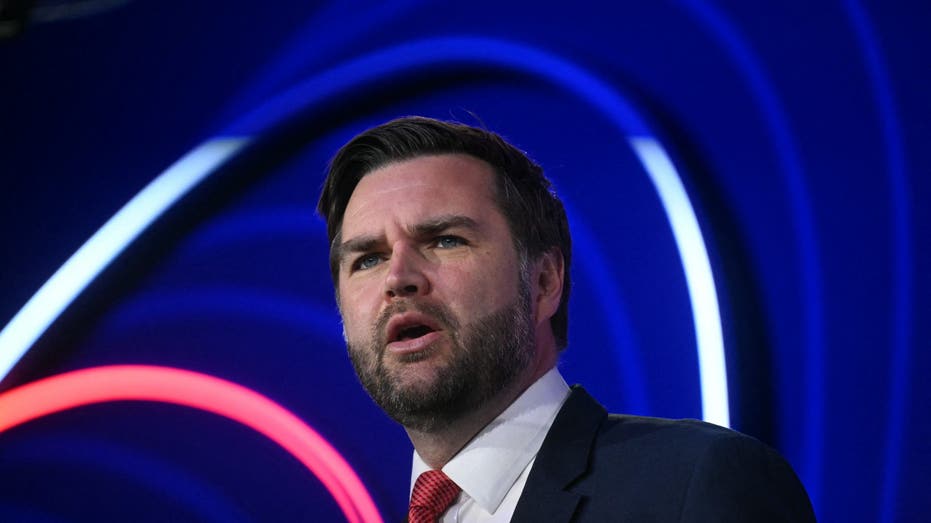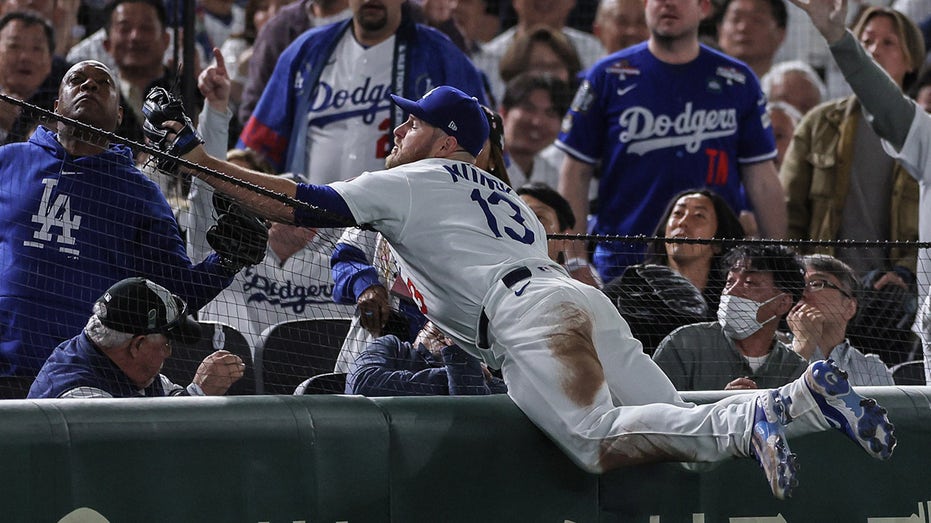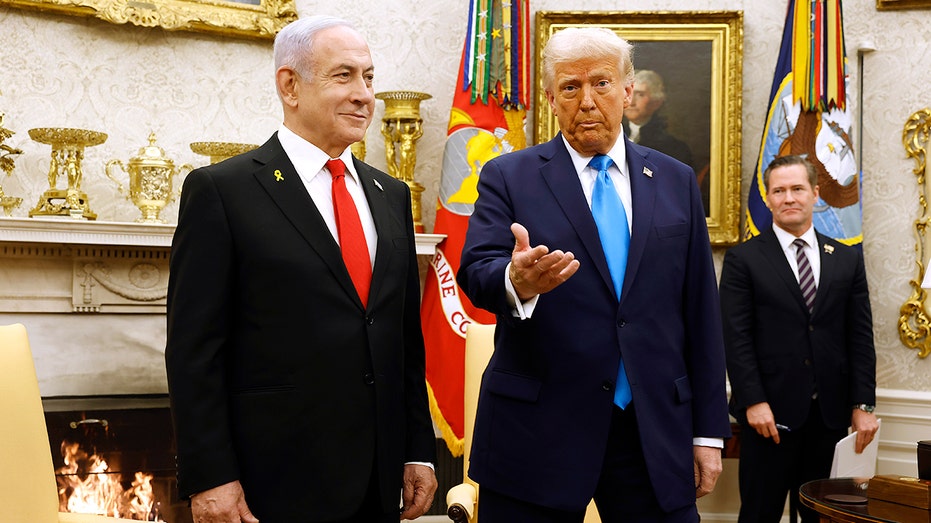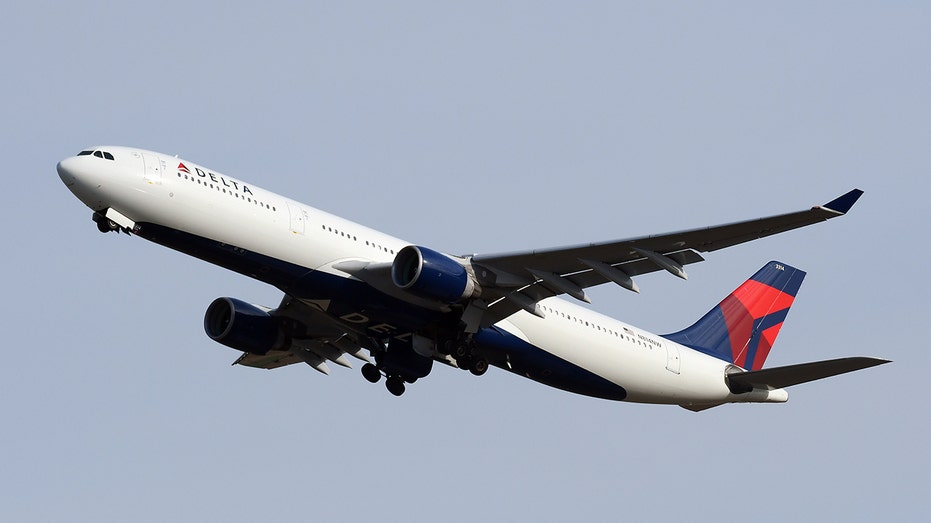- by foxnews
- 20 Mar 2025
TikTok was ‘just a dancing app’. Then the Ukraine war started
TikTok was ‘just a dancing app’. Then the Ukraine war started
- by theguardian
- 24 Mar 2022
- in technology
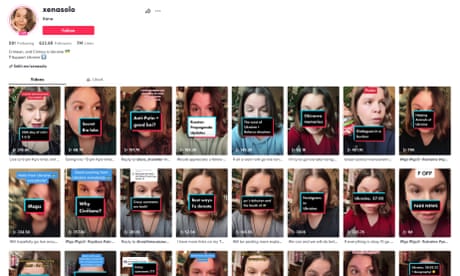
Many have called the invasion of Ukraine the world's first "TikTok war", and experts say it is high time for the short video platform - once known primarily for silly lip syncs and dance challenge - to be taken seriously.
Some politicians are doing just that. In a speech, the Ukrainian president, Volodymyr Zelenskiy, appealed to "TikTokers" as a group that could help end the war. Last week, Joe Biden spoke to dozens of top users on the app in a first-of-its kind meeting to brief the influencers on the conflict in Ukraine and how the US is addressing it.
But even as world leaders increasingly legitimize the platform, others continue to dismiss it as frivolous. The White House meeting was lampooned on Saturday Night Live in a skit, and mocked relentlessly on Twitter, while the Republican senator Josh Hawley scolded Biden for asking "teenagers to do his job".
Experts say this mentality is a mistake.
"TikTok is constantly overlooked and deprioritized by people who do not take the time to understand it," said Abbie Richards, an independent researcher who studies the app. "Many of the problems we are seeing with it today stem from this false idea that it is just a dancing app."
Ukraine-related content on TikTok has exploded since the country was invaded on 24 February, with videos tagged #Ukraine surpassing 30.5bn views as of 17 March. One report from the New York Times found that, proportionally, Ukraine content on TikTok outpaces that on platforms more than twice its size.
With that dramatic rise came an influx of misinformation and disinformation. Videos of unrelated explosions were re-posted as if they were from Ukraine. Media uploaded from video games were passed off as footage of real-life events. Russian propaganda went viral before it could be removed.
"We saw immediately from the start of the conflict that TikTok was structurally incompatible with the needs of the current moment regarding disinformation," Richards said.
TikTok has a number of features that make it uniquely susceptible to such issues, according to a paper published by Harvard's Shorenstein Center on Media titled TikTok, the War on Ukraine, and 10 Features that Make the App Vulnerable to Misinformation.
Its core features prime it for remixing media, allowing users to upload videos and sound clips without attributing their origins, the paper said, which makes it difficult to contextualize and factcheck videos. This has created a digital atmosphere in which "it is difficult - even for seasoned journalists and researchers - to discern truth from rumor, parody and fabrication", researchers added.
Design features within the app also create an easy pathway for misinformation, researchers say. Users post mostly under pseudonyms; the date of upload for videos is not prominently displayed, complicating attempts to contextualize content; and the newsfeed structure - with each video taking up the entirety of a user's screen - makes it difficult to seek out additional sources.
Unlike on Facebook, where the user's feed is filled primarily with content from friends and people they know, TikTok's "for you page" is largely content from strangers determined by the company's opaque algorithm.
And the more a platform relies on algorithms rather than a chronological newsfeed, the more susceptible it can be to mis- and disinformation, experts say. That is because algorithms favor content that gets more engagement.
"One thing that is common across all platforms is that algorithms are optimized to detect and exploit cognitive biases for more polarizing content," said Marc Faddoul, a researcher at the TikTok Observatory where he studies the platform and its content policies. "Disinformation is very engaging for users, so it is more likely to appear on feeds."
These issues are exacerbated by the age and size of TikTok. The app is relatively young, launched in 2016, and has grown rapidly to 130m in the United States and more than 1bn globally. Though smaller than Facebook, which has 230m users in the US and 2.9bn globally, the platform is facing many of the same issues with fewer resources and less experience.
TikTok is continuing to evolve after it saw usership soar during the pandemic-induced lockdowns of 2020, said Emily Dreyfuss, a researcher at Harvard's Shorenstein Center on Media who co-authored the research paper.
"That is when we really started to see a shift from what people thought was just an app for teenagers to do viral dance tricks to a real part of the cultural conversation," she said.
TikTok has, like many other social media companies, scrambled to keep up with the onslaught of disinformation about the war in Ukraine.
It uses a combination of algorithms and human moderators to manage the platform, spokeswoman Jamie Favazza told the Guardian, with teams that speak more than 60 languages and dialects including Russian and Ukrainian. It has rushed out the launch of a state-controlled media policy to address propaganda put out by Russian entities.
"We continue to respond to the war in Ukraine with increased safety and security resources to detect emerging threats and remove harmful misinformation," Favazza said.
Meanwhile TikTok added digital literacy tips on its Discover page "to help our community evaluate and make decisions about the content they view online". It has for years voluntarily released transparency reports about what content it has removed.
But researchers say there is more to be done. Despite these moves, some state-controlled media accounts such as RT remain on the app, though access to them has been banned in the EU.
Richards, the TikTok researcher, noted that a disinformation campaign she studied for a recent report remains on the platform, with dozens of videos using the caption "Russian Lives Matter" continuing to rack up thousands of views.
In many ways TikTok has been far more responsive to criticism than its predecessors, including social media giants such as Facebook. But while the company is dutifully flagging misinformation and cracking down on Russian state content, reining in disinformation on a mass scale is becoming more complicated than ever as influencers' power grows.
Well-followed accounts have an outsized influence on what media their followers consume, regardless of how much expertise they actually have in a given subject matter. Studies show consumers are substantially more likely to trust a recommendation from someone they follow on social media than a traditional advertisement, and the same goes for information shared online.
TikTok is "driven by a culture that values individual creators and platform-specific microcelebrities", the Shorenstein Center paper argued, making influencers and people with large followings particularly susceptible to inadvertently sharing inaccurate or manipulated content.
"Influencers have great incentive to enter the discourse about a breaking news event or ongoing crisis, since these posts can boost users' profiles; even one viral video can popularize an entire account," the paper said.
Meanwhile, very few checks and balances exist in terms of how they operate in the online media space, said Dreyfuss, noting that they operate in similar media spaces as journalists with far less training or media literacy, such as how to factcheck false claims that even seasoned researchers struggle to detect.
"There is no formal accountability for influencers and they are often catering only to the whims of their fans," Dreyfuss said.
Experts say it is urgent that legislators and the general public take this collision of massive influence with little accountability seriously. In inviting top influencers to the White House, the Biden administration took a meaningful step in that direction.
For their part, influencers are also recognizing the power that they hold. One 18-year-old TikTok star with more than 10.5m followers told the Washington Post she sees herself as "a White House correspondent for Gen Z" who is there to "relay the information in a more digestible manner".
- by foxnews
- descember 09, 2016
Man allegedly attacks passenger on Delta flight from Atlanta to LA: 'Zero tolerance for unruly behavior'
The FAA is investigating an incident after a passenger allegedly attacked a number of people on a Delta Air Lines flight from Atlanta to Los Angeles on Monday.
read more